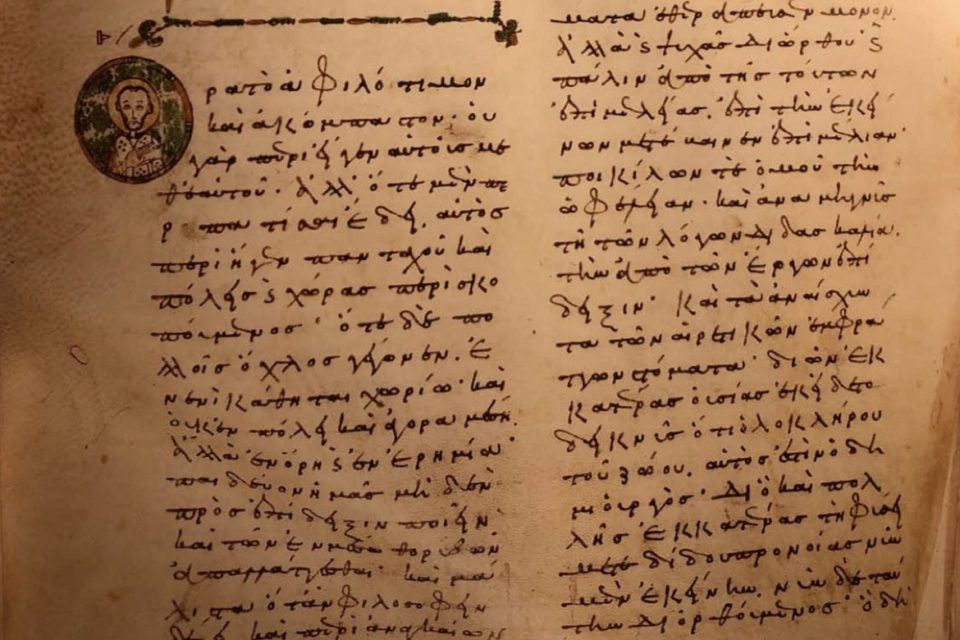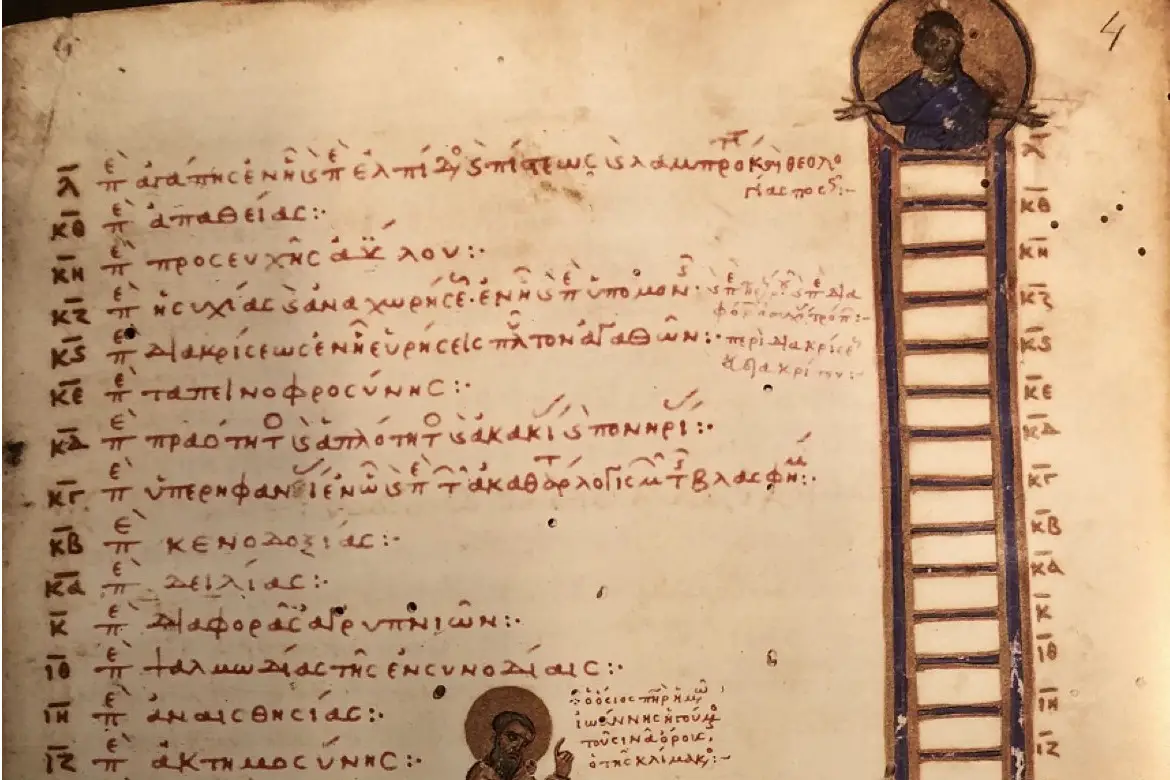Princeton University has responded to a lawsuit filed by the Ecumenical Patriarch of Constantinople that accused the university of possessing stolen manuscripts that the Church claims were looted from a northern Greek monastery.
The university has denied all allegations that it unlawfully possesses the ancient manuscripts and has requested to be awarded legal costs.
The original lawsuit, filed in December 2018, claimed that Bulgarian guerrillas illegally removed four Eastern Orthodox texts dating back to the Byzantine Era from a monastery in Northern Greece in 1917, which then made their way into the possession of the University.
The Church believes that the University’s acquisition and possession of these manuscripts is therefore unlawful and have demanded their return.
In the legal document filed by the attorneys for the Trustees of the University on Friday, Feb. 22, the university not only affirmed what it claims is its “lawful possession of the manuscripts,” but also asserted that it “is without knowledge or information necessary” to determine whether the plaintiffs were ever the texts’ legitimate claimants in the first place.
The document further states that evidence suggests two of the manuscripts in question “were gifted to St. Andrew of the Russians in 1877 – long before 1917.”
The University emphasized that “Greek Manuscripts at Princeton, Sixth to Nineteenth Century: A Descriptive Catalogue” — which the plaintiffs cited in their legal filing as evidence against the University — was published by the Department of Art and Archaeology and circulated by the Princeton University Press, an independent distributor.

The document also suggests that there is insufficient evidence to show that the assault on the Greek monastery in 1917 was perpetrated by Bulgarian troops, or that the stolen material included the manuscripts in question.
In the response, the University requested that the case be dismissed without prejudice, and that it be awarded costs “expended in defending this litigation.”
The University has also requested that it be declared the owner of the manuscripts, and that it be awarded any other relief that the Court deems appropriate.
University spokesman Michael Hotchkiss defended the university’s right to possession of the manuscripts.
“Based on the information available to us, we have found no basis to conclude that the manuscripts in our possession were looted during World War I or otherwise improperly removed from the possession of the Patriarchate,” Hotchkiss said.
“We will continue to give prompt and meaningful consideration to any additional research and documentation provided, and we have encouraged those who believe they have any new information to contact us,” he continued.
But the attorney representing the Greek Orthodox Church insists the position of the Patriarchate is the just one.
“There was nothing very noteworthy about its substance, George Tsougarakis told The Pappas Post about Princeton’s response, adding that “Princeton provided no new arguments or issues to support its continued possession of the stolen manuscripts at issue.”
The partner with Hughes Hubbard & Reed, which is handling the case on behalf of the Greek Orthodox Church added that “And while we were hopeful that Princeton would choose to do right by returning the manuscripts rather than proceeding with the law suit, now that the parties’ respective legal positions are set, we look forward to the discovery process where our clients will have the opportunity to review Princeton’s records and take the sworn testimony of Princeton’s witnesses.”
According to Tsougarakis, “The facts obtained through this process will leave no doubt that the stolen manuscripts must be returned to their rightful home.”















